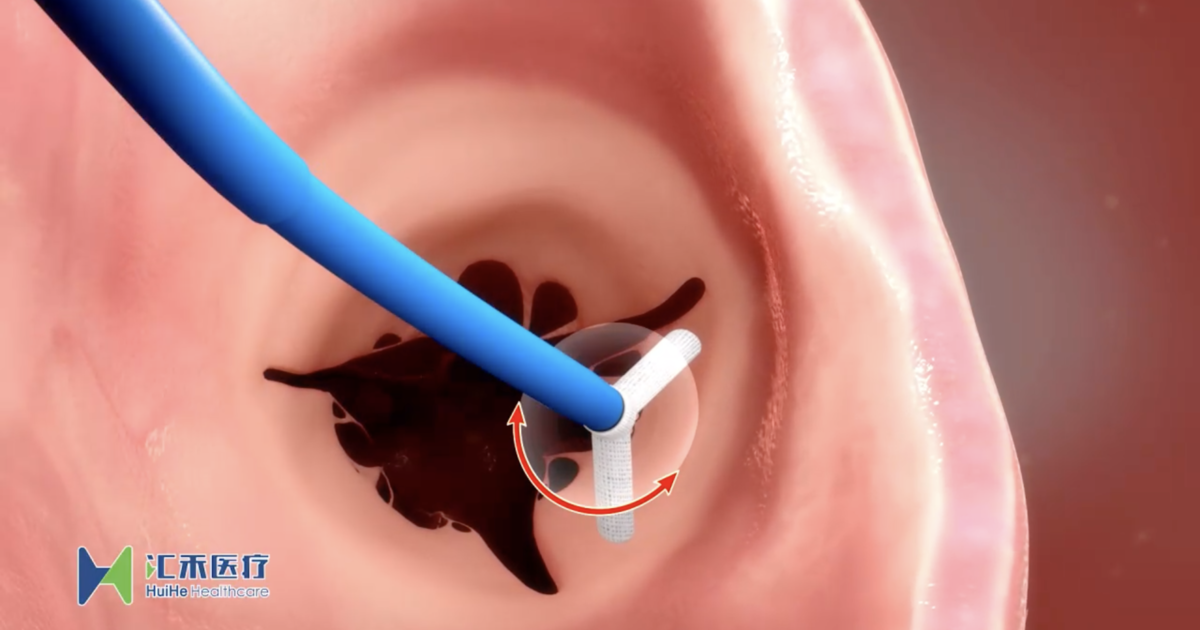Cardiovascular
Cardiologists use new annular clipping device for first time in US to treat severe tricuspid regurgitation
Cardiologists with Henry Ford Health are the first physicians in the United States to use a new investigational device, the K-Clip Transvascular Tricuspid Repair System, to treat a patient presenting with severe tricuspid regurgitation.
The innovative device drops a corkscrew anchor and then clips the annulus of the valve. It is twisted to tighten the annual plane and wrap up one of the leaflets to create a bicuspid valve.
The patient involved in this historic procedure was 85-year-old patient Frank Konjarevich, who had been experiencing progressively worsening symptoms for a full year. His tricuspid valve was so enlarged from the tricuspid regurgitation that specialists estimated his heart was up to three times larger than normal.
Konjarevich’s mitral valve and tricuspid valve both needed to be repaired, his doctors determined, and they had to be corrected in sequence. Cardiologists with Henry Ford Health were able to repair the mitral valve. He was not eligible for any traditional treatment options used for the tricuspid valve, however, leaving his care team with no other ways to step forward. It was either go through with this new-look procedure using the K-Clip device or go untreated.
Interventional cardiologists Pedro Engel Gonzalez, MD, Brian O’Neill, MD and William O’Neill, MD, performed the procedure, using a catheter to reach Konjarevich’s heart through an incision in his neck and placing the K-Clip device around his tricuspid valve. Using real-time 3D imaging and 4D modeling for guidance, the device was then able to target the diseased area of the tricuspid valve.

